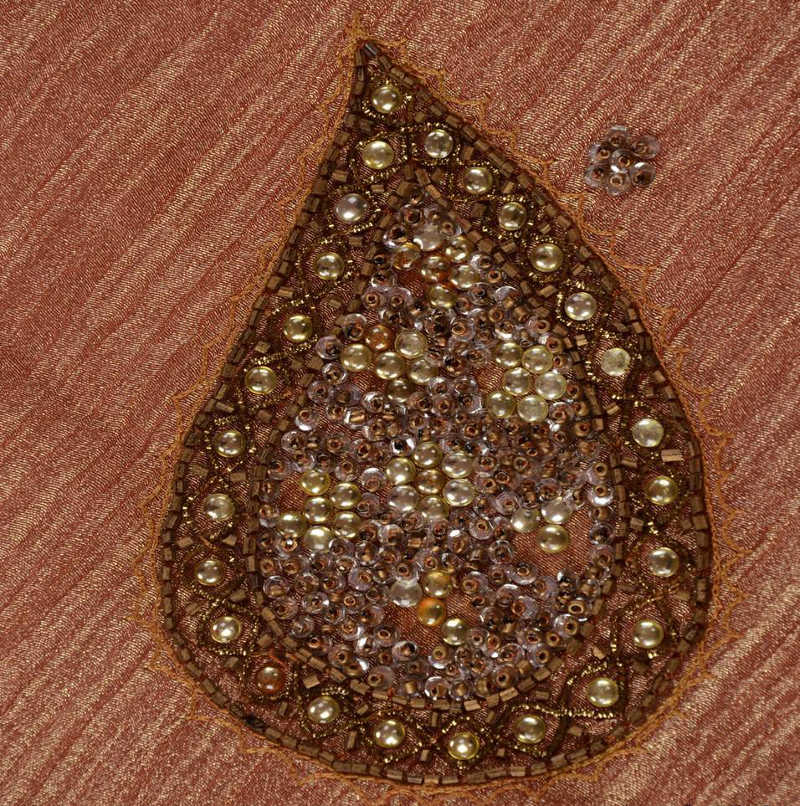===
0518,
3
===

=== |
 |
abhī ik ʿumr ronā hai nah khoʾo ashk āñkhoñ tum
karo kuchh sūjhtā apnā to bahtar hai kih dunyā hai
1) only/emphatically now, it's necessary to weep for a whole lifetime; you eyes, don't lose tears!
2) if you make some preparation/arrangement for yourself, then it's better-- for the world exists
sūjhtā : 'Preparation, setting right, arrangement, management'. (Platts pp. 695-96)
FWP:
SETS
MOTIFS == EYES
NAMES
TERMSSRF assumes that the tears are for the loss, absence, etc. of the beloved; but nothing in the verse causes us to think so. Instead of the usual complaints about her cruelty and 'tyranny', we have only that pithy, abstract-sounding warning, kih dunyā hai , which is so much more ominously effective than any more specific description could be. The addressee is being enjoined to remember the (somehow sinister) presence of the world, and the need to deal with it through practical preparation.
And what should this practical preparation consist of? Not of any aggressive measures; not even of any defensive measures. Most poignantly and amusingly, it consists merely of a rationing system-- of carefully husbanding one's tears, so as to have enough to get through a whole lifetime that has to be lived while, or because, 'the world exists'.
Note for grammar fans: The reading that SRF suggests at the end of his discussion seems to be 'don't lose your tear-eyes', where 'tear-eyes' means something like 'eyes that are being ruined by tears', or 'eyes that have turned into single big tears'.